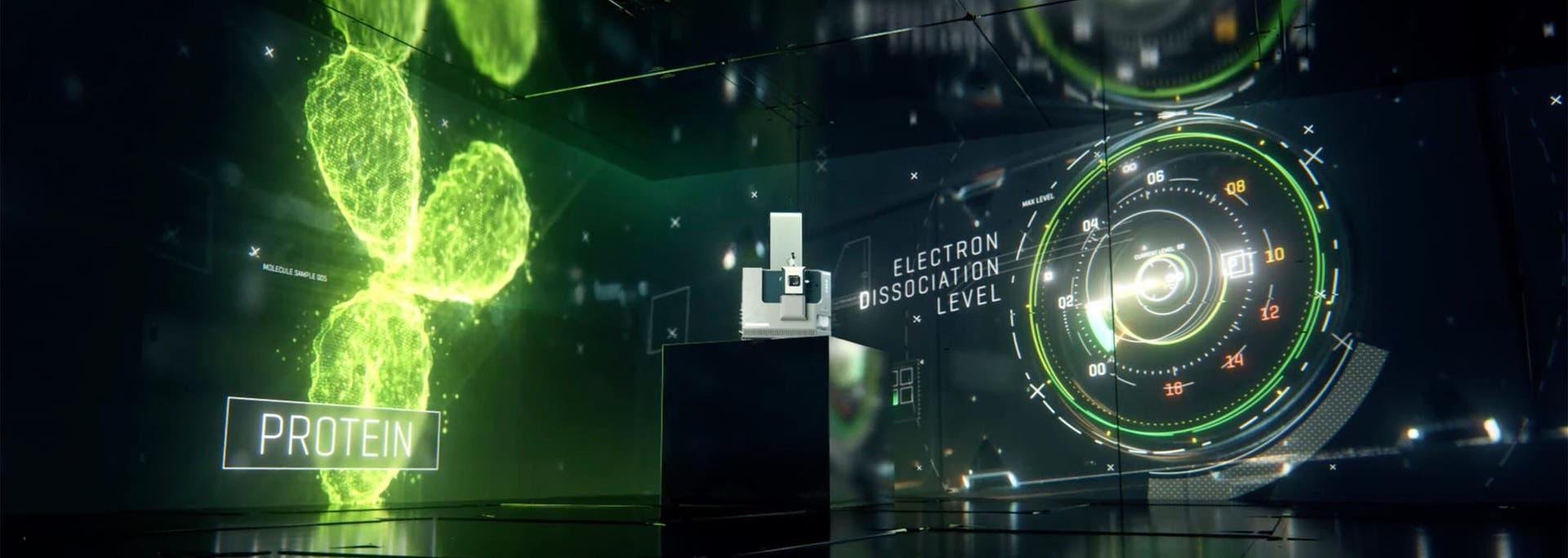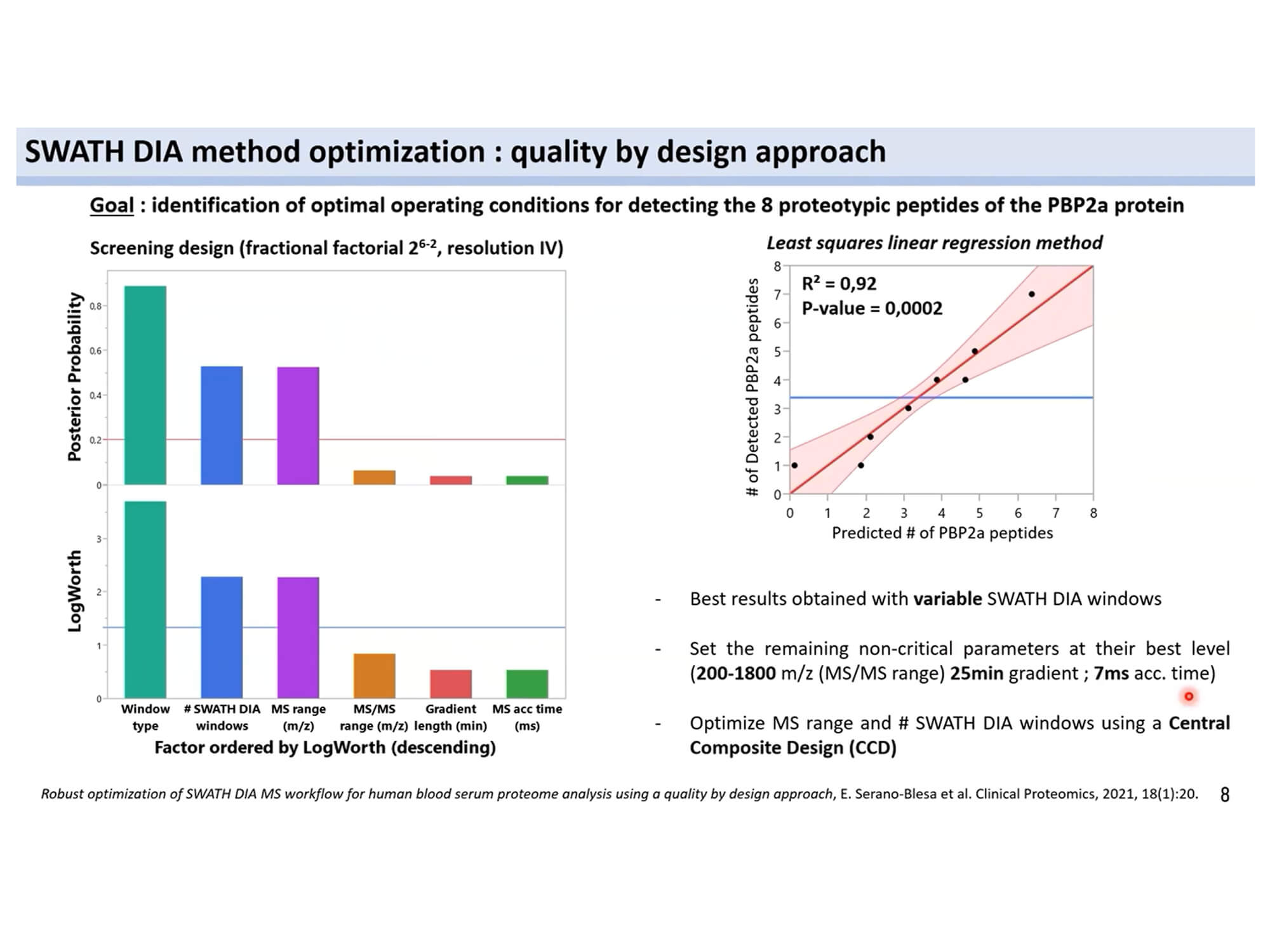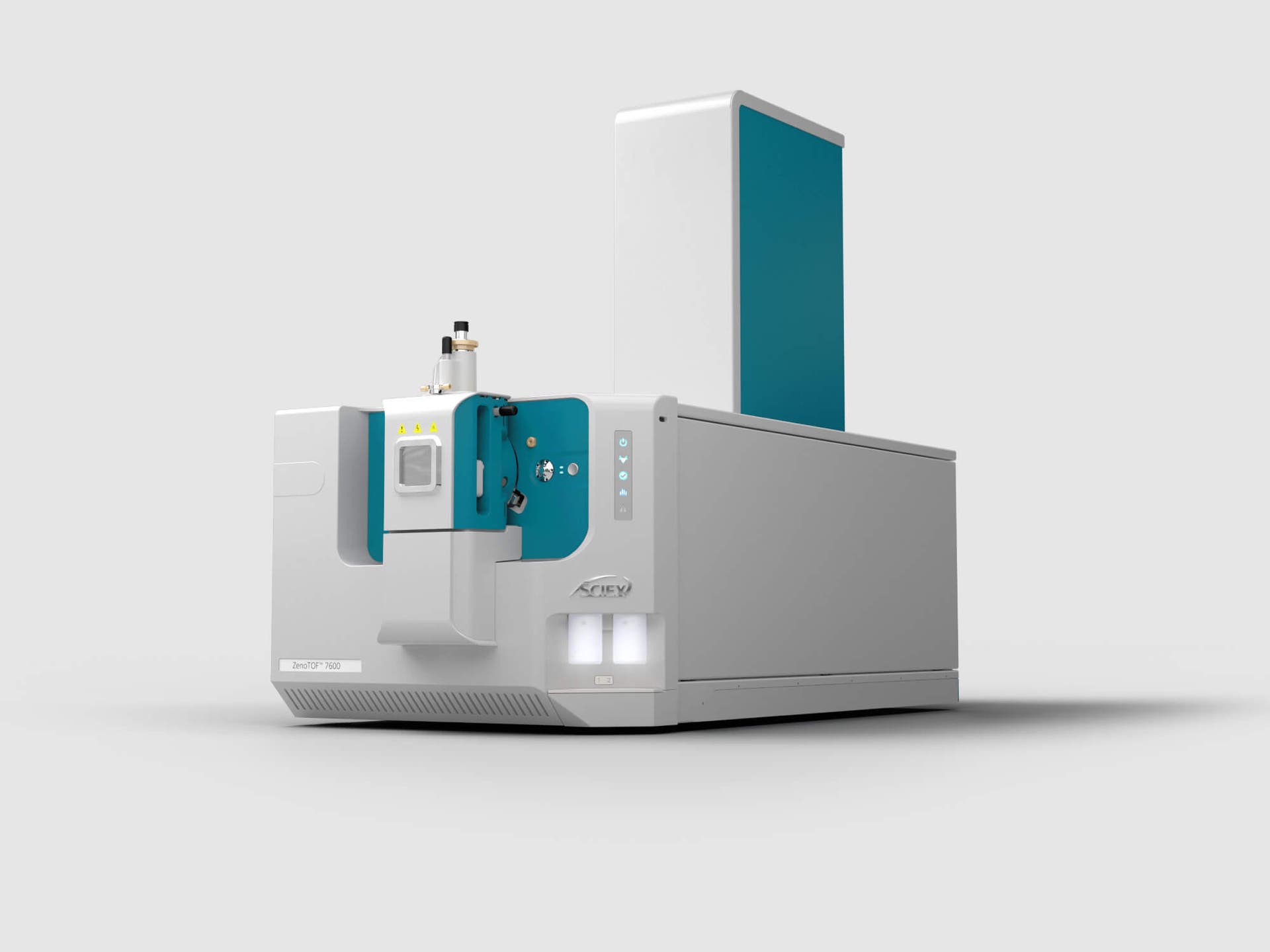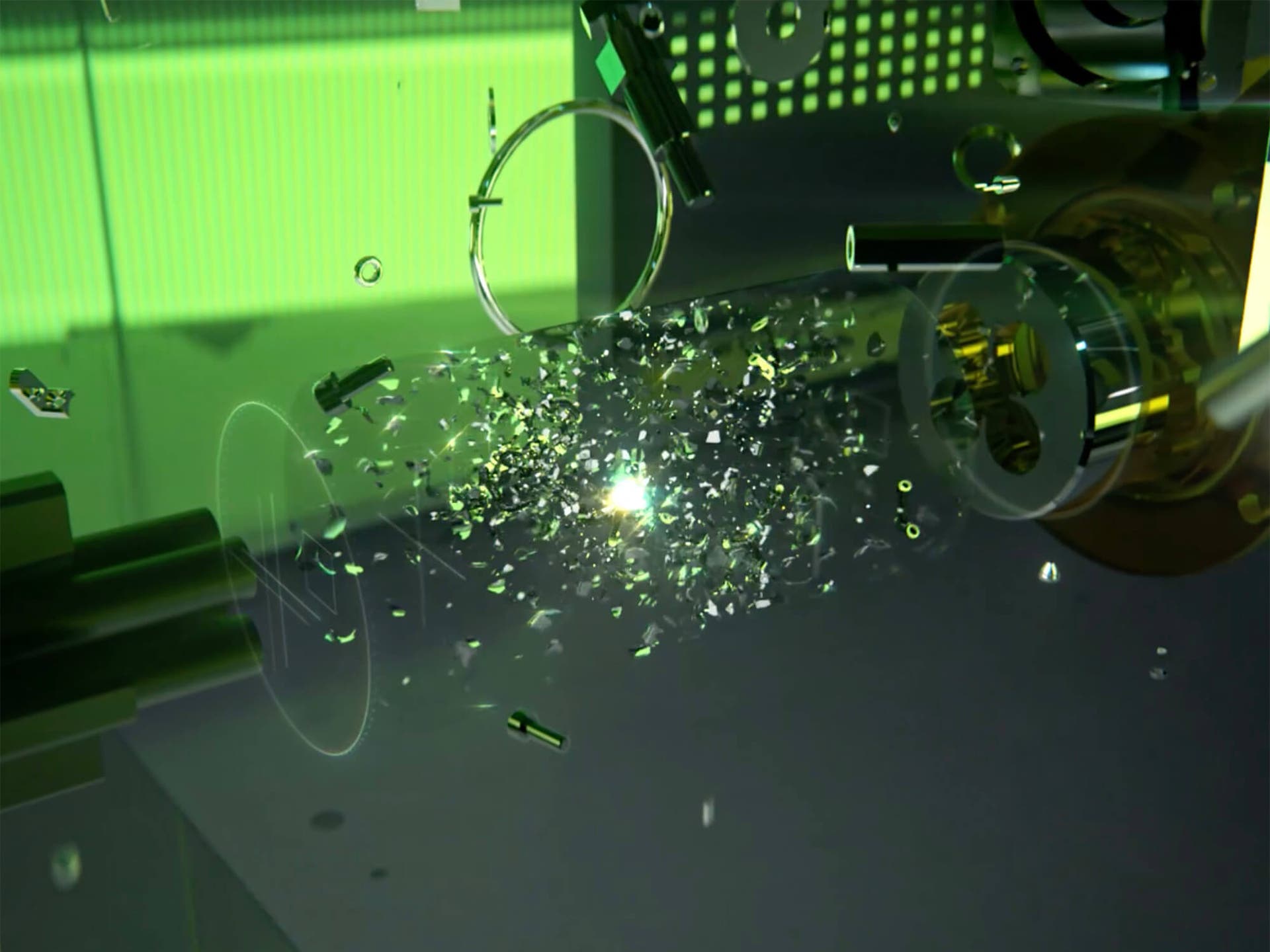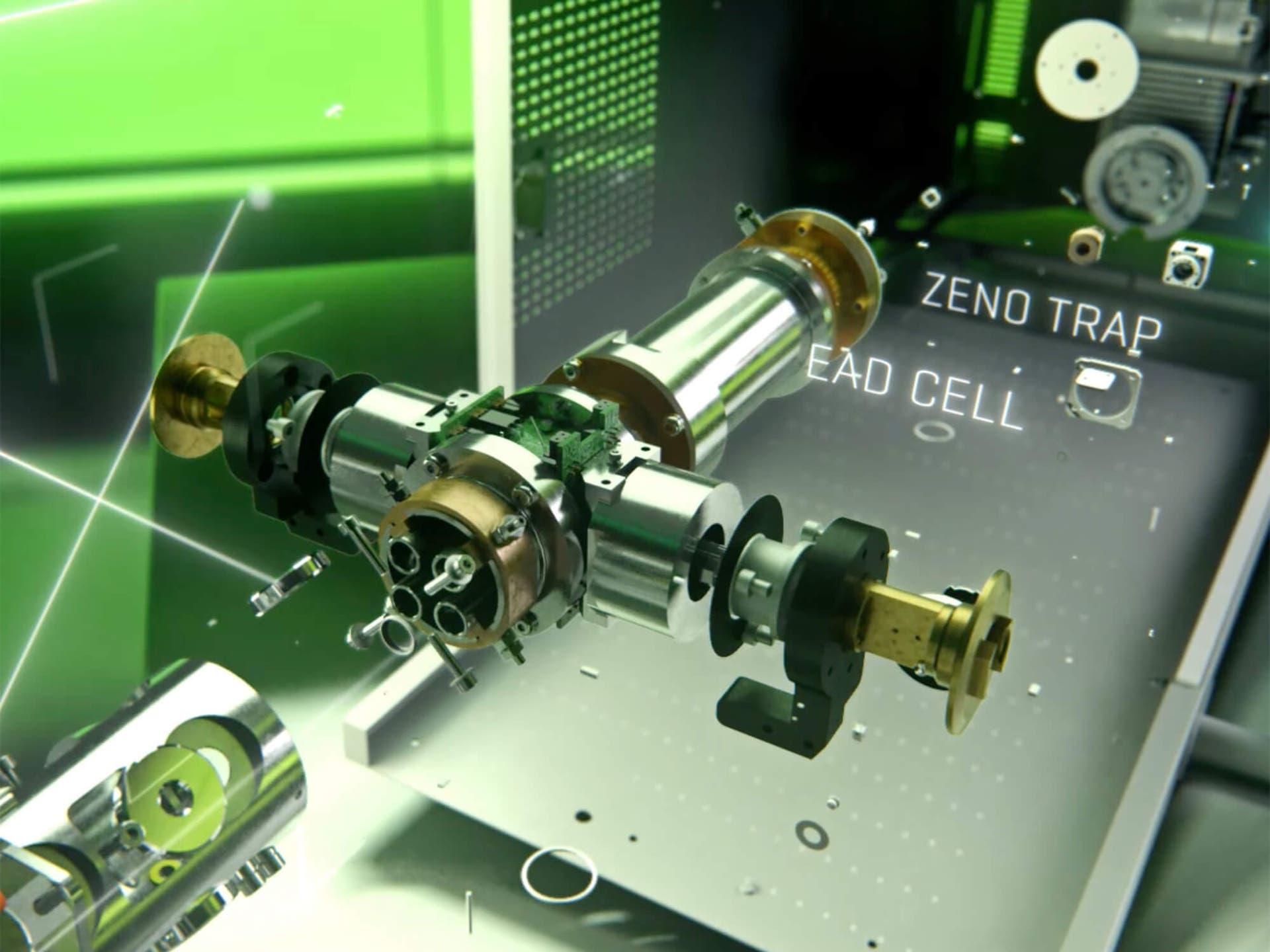Approximately 1.3 million people die each year worldwide from bacterial antimicrobial resistance (AMR), particularly in the context of bloodstream infections (BSIs) that develop into sepsis. Although matrix-assisted laser desorption/ionization time-of-flight mass spectrometry (MALDI-TOF) has significantly reduced the time it takes to identify pathogens, the evaluation of AMR is still based on growth tests in the presence of antibiotics. This negatively impacts the diagnosis turnaround time, which delays the administration of effective antimicrobial agents to the patient.
To streamline the turnaround time to less than an hour from a positive blood culture, researchers evaluated the sensitivity and specificity of SWATH data-independent acquisition (DIA) to simultaneously provide the identity and antibiotic resistance profile of pathogens associated with BSIs based on peptide surrogates.
